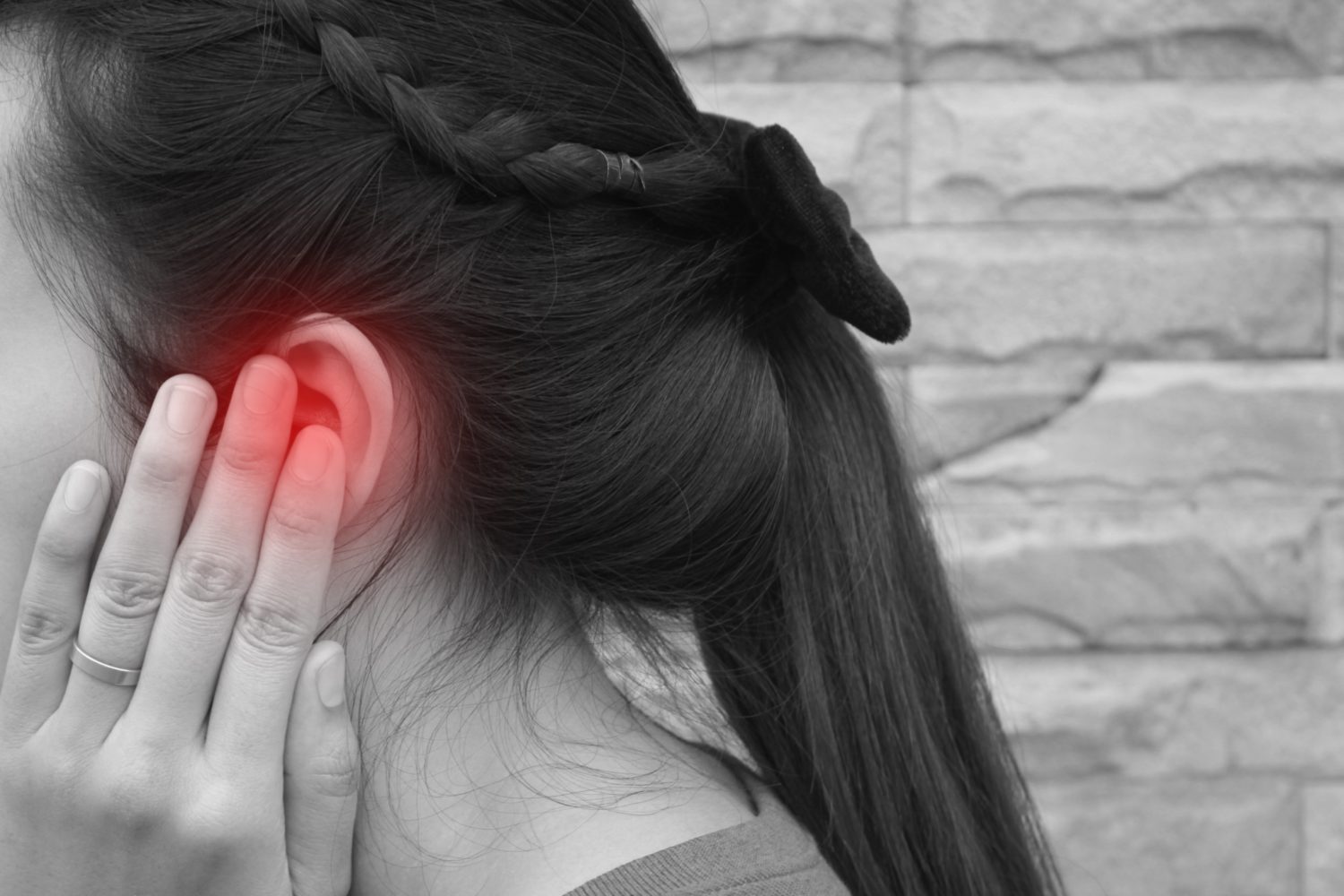Tinnitus Management

Do you hear buzzing, ringing, pulsing or whistling?
Tinnitus is a condition that affects millions of people worldwide. It is characterized by a persistent ringing or buzzing sound in the ears that is not caused by any external source. Tinnitus can be caused by a variety of factors, including exposure to loud noise, ear infections, earwax buildup, and certain medications.
The symptoms of tinnitus can vary from person to person, but most people describe it as a constant or intermittent buzzing, hissing, whistling, or ringing in the ears. The severity of the symptoms can range from mild annoyance to debilitating discomfort that interferes with daily activities. Tinnitus can be classified into two main types: subjective and objective. Subjective tinnitus is the most common type and is caused by damage to the inner ear. It is only audible to the person experiencing it and cannot be heard by others. Objective tinnitus, on the other hand, is caused by a physical sound within the body, such as a blood vessel or muscle spasm, and can be heard by a doctor using a stethoscope.
Other risk factors of tinnitus can include:
- Middle and inner ear disorders
- Wax in the ear(s)
- Head, neck and jaw issues
- Whiplash injuries
- Muscle spasms
- Meniere's disease (This chronic ear disorder affects your balance and hearing)
- Some medications
- Some medical conditions such as otosclerosis or a benign growth on the auditory nerve
- Stress, anxiety, depression
- Ear and sinus infections (allergies)
- Blood pressure issues
Despite all the possible causes of tinnitus, many times there may be no identifiable cause.
Affects of Tinnitus
Tinnitus is a common condition, affecting an estimated 1 in 5 people. It can range in severity from a minor annoyance to a debilitating condition that interferes with daily activities
Sometimes, the sounds you hear can interfere with hearing real sounds around you. Tinnitus can be frustrating and can cause:
- Difficulty sleeping
- Loss of concentration
- Frustration
- Depression
- Anxiety
- Stress
- Panic
Management
One of the most effective ways to manage tinnitus is through sound therapy. This involves introducing external sounds, such as white noise or calming music, to help mask the ringing or buzzing sound in the ears. This can help to reduce the perception of tinnitus and make it less noticeable, which can improve the quality of life for those affected by this condition. Cognitive behavioral therapy (CBT) is another effective approach for managing tinnitus. This therapy helps individuals to identify and change negative thoughts and beliefs about their condition, which can lead to decreased stress and anxiety. Additionally, CBT can help individuals develop coping mechanisms to deal with the symptoms of tinnitus and improve their overall quality of life.
Finally, lifestyle changes such as avoiding loud noises, reducing caffeine and alcohol consumption, and getting adequate rest and exercise can help to manage tinnitus symptoms. Stress reduction techniques, such as meditation and yoga, can also be helpful in reducing the impact of tinnitus on a person's quality of life. In conclusion, tinnitus can be a challenging condition to manage, but there are various strategies and treatment options available that can help reduce its impact on daily life. Sound therapy, cognitive behavioral therapy, medication, and lifestyle changes are all effective ways to manage tinnitus and improve quality of life for those affected by this condition.
Book an appointment
Although there is no cure for tinnitus, there are steps that can be taken to alleviate the symptoms. This may include amplification, masking with music, or white noise to name a few.
At Whisper Audiology Hearing Clinic, the audiologist can assess your situation and help you better cope with the condition through various techniques.
It's important for individuals experiencing tinnitus to consult with an audiologist or hearing healthcare professional to determine the cause of the tinnitus and develop an appropriate treatment plan


